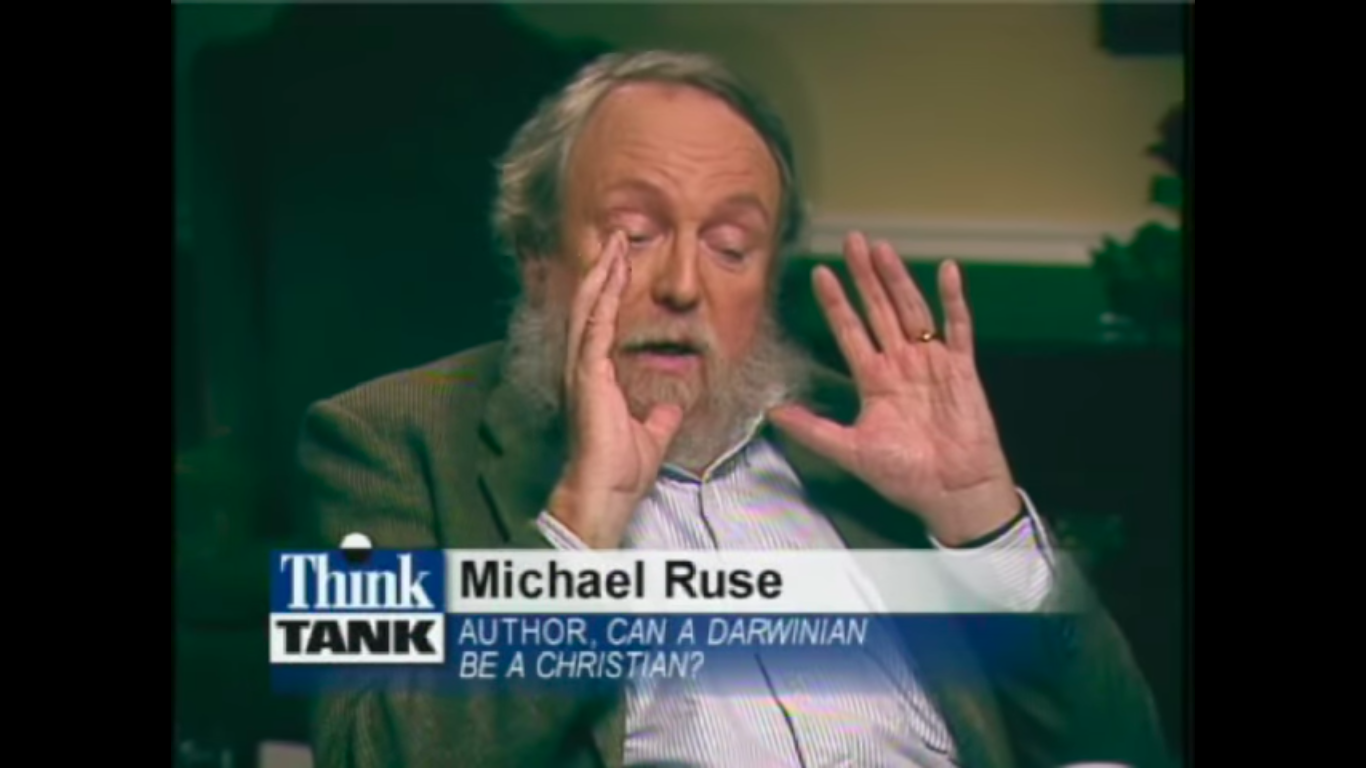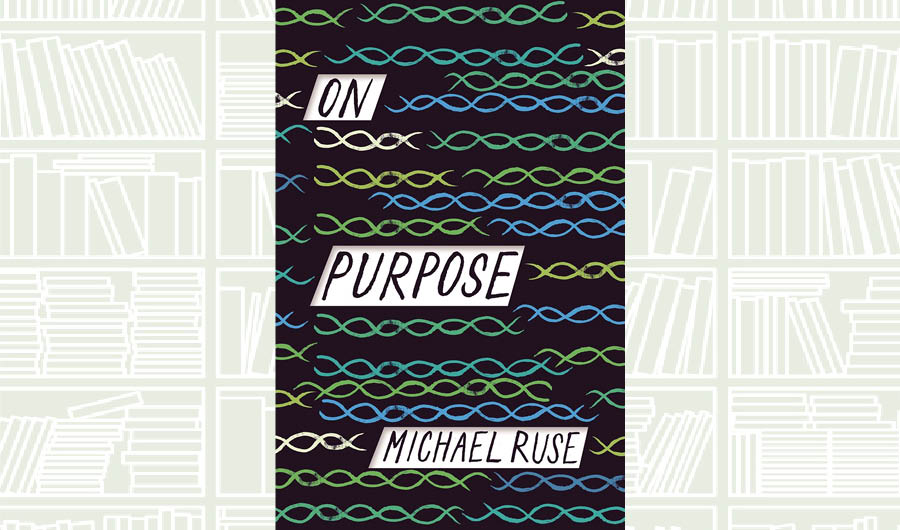

The term is obviously taken by analogy from politics and even there it is doubtful that there are such things (at least that there are such things with common features) and in science likewise we have no reason to think that there are such things with common features. He thinks that the whole talk of scientific revolutions, something of an obsession by many historians and philosophers of science in the years after Thomas Kuhn’s engaging and influential The Structure of Scientific Revolutions (1962), is deeply misleading. Historian Jonathan Hodge (2005) has been one of the strongest naysayers on this matter. In some respects, indeed, the process of analysis is still ongoing and unresolved.


This chapter considers these issues by addressing these questions: Was there a Darwinian revolution? That is, was there a revolution at all? Was there a Darwinian revolution? That is, what was the specific contribution of Charles Darwin? Was there a Darwinian revolution? That is, what was the conceptual nature of what occurred on and around the publication of the Origin? I argue that there was a major change, both scientifically and in a broader metaphysical sense that Charles Darwin was the major player in the change, although one must qualify the nature and the extent of the change, looking particularly at things in a broader historical context than just as an immediate event and that the revolution was complex and we need the insights of rather different philosophies of scientific change to capture the whole phenomenon. In recent years, however, the very notion of a scientific revolution has come under attack, and in the specific case of Charles Darwin and his Origin of Species there are serious questions about the nature of the change (if there was such) and the specifically Darwinian input. Thus, the book is intellectually rewarding not only for evolutionists but also for opponents of evolution theory, especially those who want to see how one of the great ideas of Western civilization resonates through time, both within and beyond the scientific community.The Darwinian revolution is generally taken to be one of the key events in the history of Western science.
MICHAEL RUSE TRIAL
The Evolution Wars explores the ten greatest controversies surrounding evolution in world history, with emphasis on recent times, including the infamous Scopes trial of the 1920s: the search for human origins and speculation about the “missing link,” spurred by the discovery of “Lucy ” the debate surrounding the new theory of paleontology proposed by Stephen Jay Gould and the rise of teaching “creation science” in public school as a subject on par with evolution.Īlthough the author takes a strong stand on the side of evolution, he also shows respect for dissenting viewpoints. Haldane, outspoken Richard Dawkins, and many other stars of the debates. In these pages you will meet Charles Darwin’s ebullient grandfather Erasmus, the contentious Frenchmen Georges Cuvier and Etienne Geoffroy Stain-Hillaire, new creationist Phillip Johnson, the brilliant J.

Much attention is paid to external factors and the underlying motives of scientists. It focuses on the debates that have engaged, divided, and ultimately provoked scientists to ponder the origins of organisms-including humankind-paying regard to the nineteenth-century clash over the nature of classification and debates about the fossil record, genetics, and human nature. The Evolution Wars draws on history, science, and philosophy to examine the development of evolutionary thought through the past two and a half centuries.


 0 kommentar(er)
0 kommentar(er)
